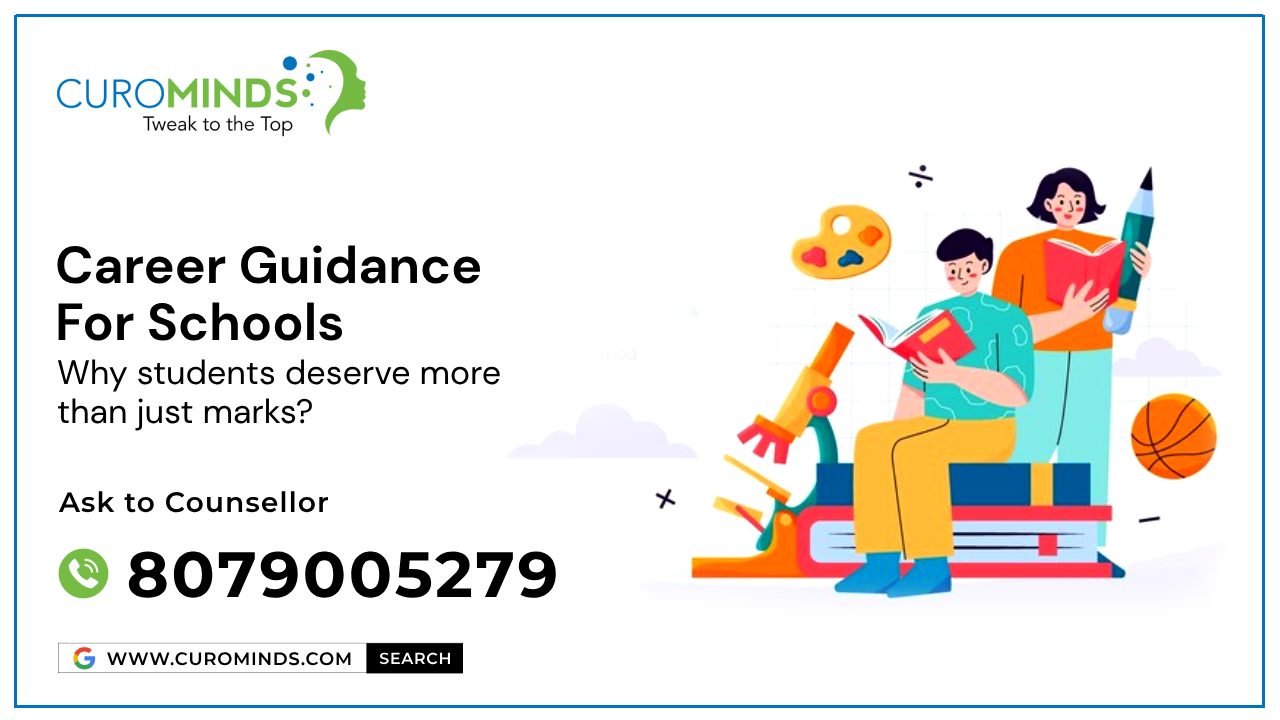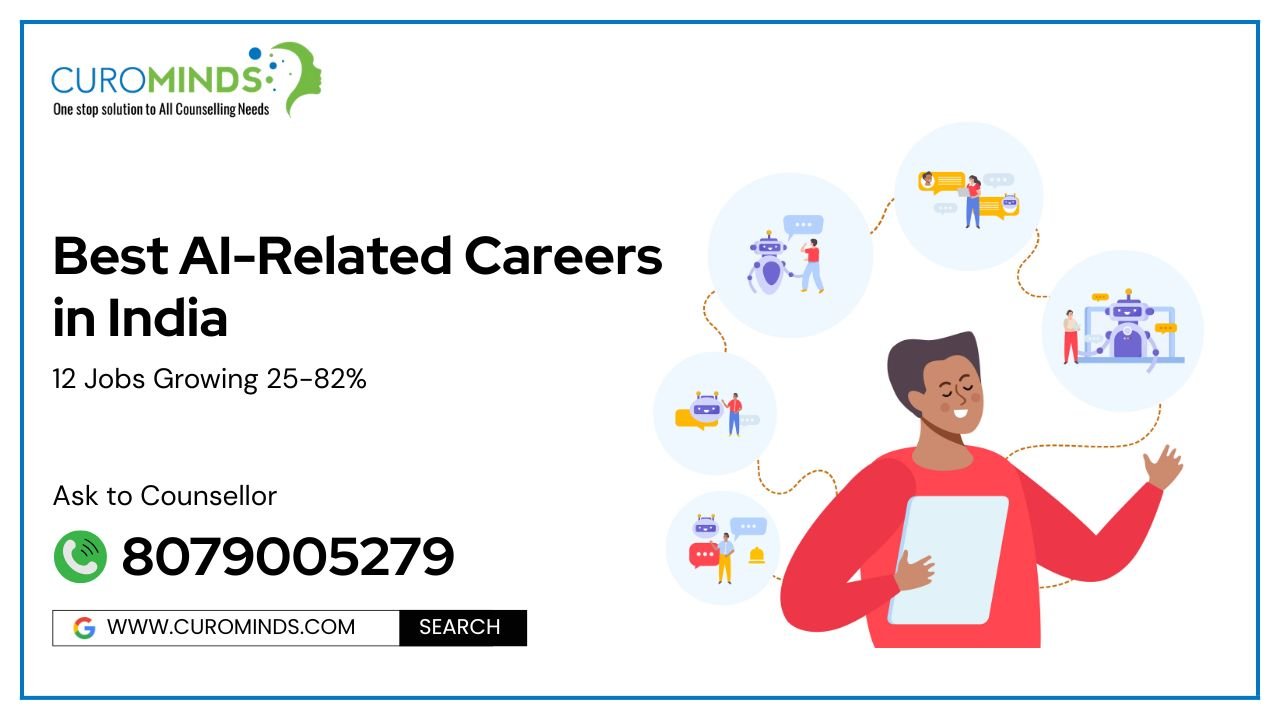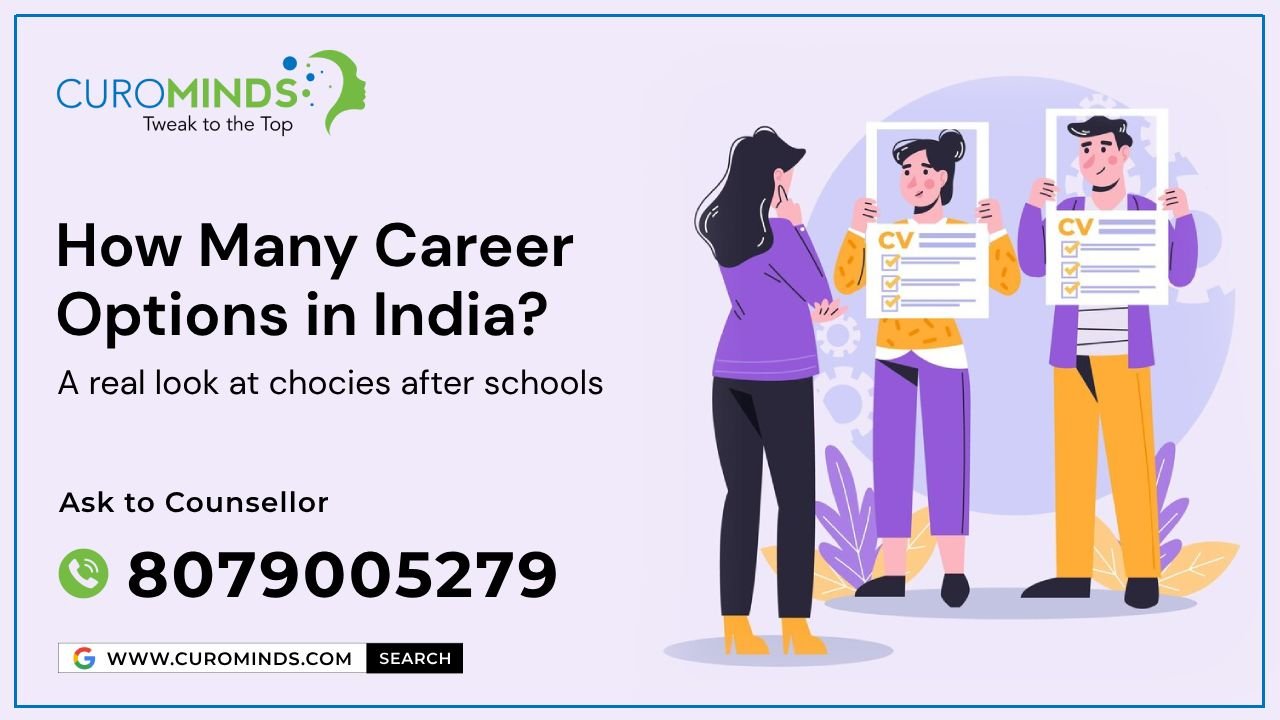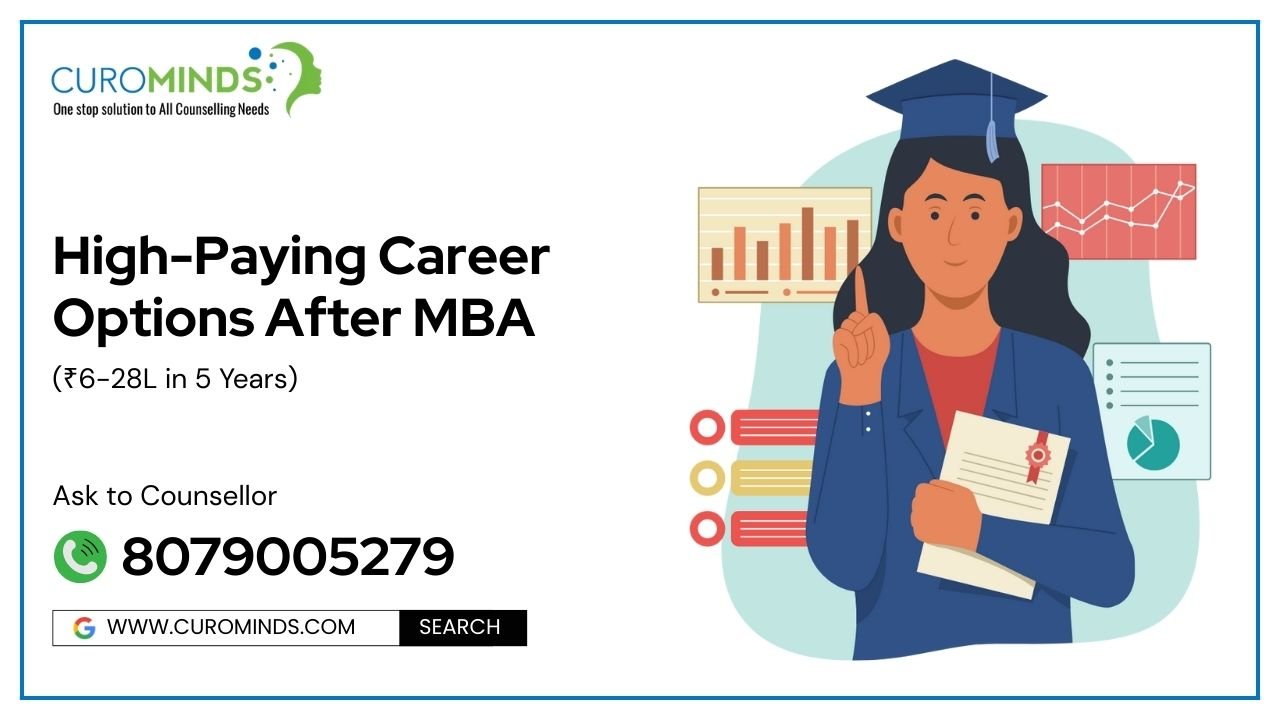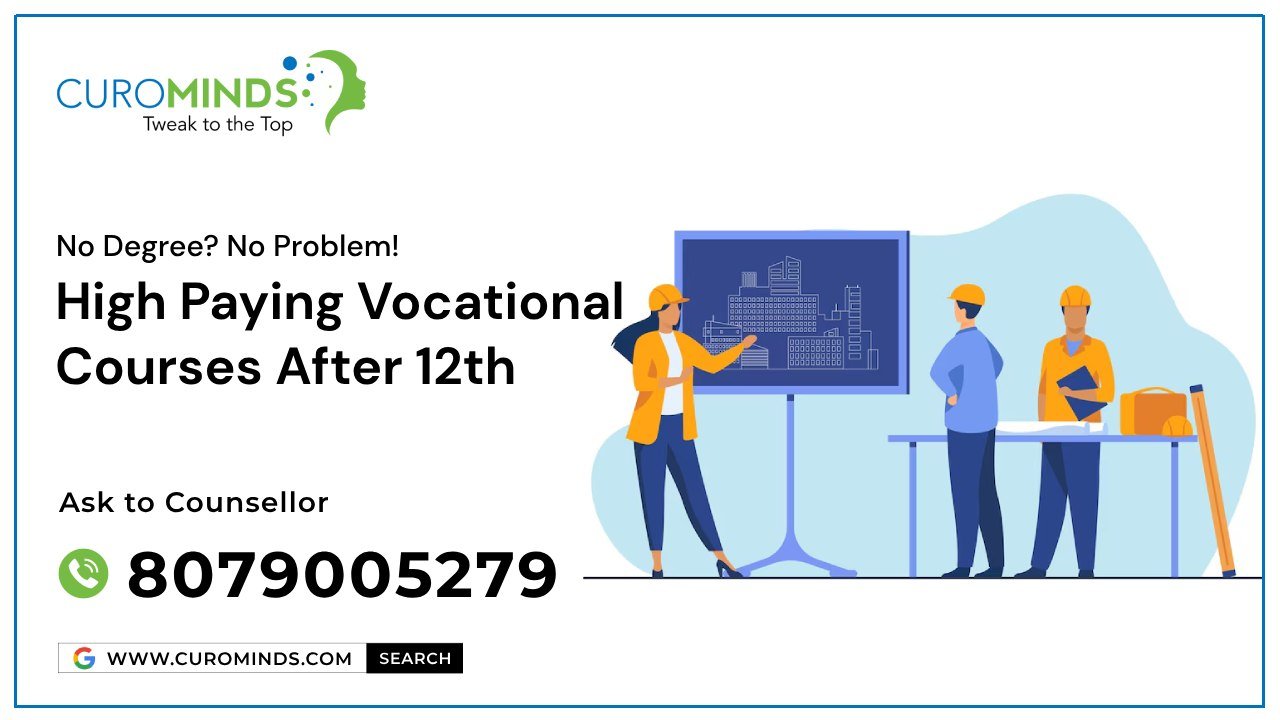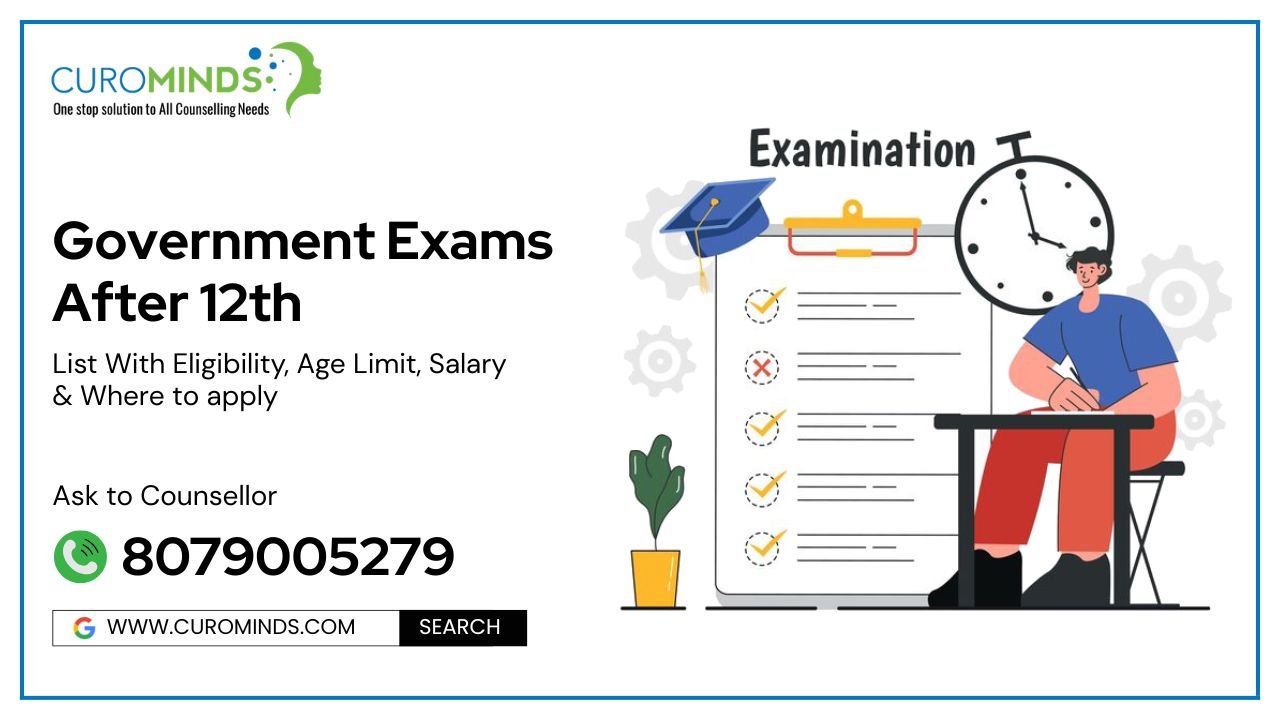Career Guidance for Schools: Why Your Students Deserve More Than Just Marks
Estimated reading time: 8 minutes
Career guidance for schools isn’t a luxury—it’s a need. With over 90% of Indian students unaware of future-ready careers, schools must step up. Help your students find direction, reduce academic pressure, and prepare them for life—not just exams.
The Reality: Our Students Are Lost in the Marks Race
In India, only 1 in 10 students receives structured career guidance before choosing a stream or college. The rest? They rely on peer pressure, random advice, or outdated career ideas.
Imagine a student picking science only because their cousin did. Or choosing commerce because “arts has no scope.” This isn’t just common. It’s dangerous.
And schools? Often focused on academics, they miss the bigger picture:
👉 A topper with no clarity
👉 A backbencher with untapped potential
👉 A confused class 10 student blindly picking a stream
This isn’t about blame. It’s about change.
Why Career Guidance in Schools Is No Longer Optional
Did you know? A 2024 report by CBSE reveals that 93% of Indian students aged 14–21 are aware of only seven career options, despite thousands being available. That’s the real crisis.
Every year, millions of students in India enter higher education feeling confused, misdirected, or worse—pressured. Not because they’re lazy or careless, but because no one helped them navigate the journey.
That’s where career guidance for schools becomes not just helpful, but necessary. This is not about choosing between science and commerce anymore. It’s about helping students align their skills, interests, and reality—with confidence and clarity.
What Is Career Guidance for Schools (And Why You Can’t Ignore It)
Career guidance for schools means structured, age-appropriate career planning integrated into school life. It’s not a one-day seminar. It’s a process.
Done right, it includes:
- Interest & aptitude assessments
- One-on-one counselling
- Real-time exposure to careers
- Stream selection support
- College & entrance exam planning
- Parent engagement
Career guidance answers the what, why, and how behind every career decision a student makes.
Why Every School Needs It—Now
- Students Are Clueless About Opportunities
They know doctor, engineer, IAS. Maybe fashion designer. But they’ve never heard of UX design, actuarial science, or sports psychology.
- Mental Health Is Linked to Career Pressure
When students are unsure, stress builds. Parental pressure kicks in. Wrong decisions follow.
- National Education Policy (NEP 2020) Demands It
NEP clearly encourages skill-based learning and career exposure from school level.
- Career Decisions Are Being Made Too Late
Most students make career choices post-12th. By then, it’s often late—or costly to switch.
Why Indian Students Need Career Guidance Early
Indian society has evolved. But student expectations, parental pressure, and school systems often remain stuck in the past. Here’s why career guidance from an early stage is crucial:
| Age Group | Key Need | How Guidance Helps |
| 11–13 (Middle School) | Self-awareness | Introduces career concepts through interest-based learning |
| 14–16 (High School) | Stream selection | Matches aptitude with suitable subjects |
| 17–18 (Senior Secondary) | Course & college decisions | Helps with realistic planning and goal setting |
Without early guidance:
- Students follow herd mentality
- Career mismatches occur
- Mental health suffers
- Parents and students clash on expectations
When students are guided, they feel seen, heard, and supported.
The Role of Schools: Where They Often Go Wrong
Let’s be honest. Most schools in India either:
- Don’t have a dedicated career guidance program
- Outsource it occasionally with no follow-up
- Rely on teachers who aren’t trained in career counselling
And sadly, many schools still equate career guidance with telling students to “go for engineering or medicine.”
The consequences?
- Dropouts in college
- Skills mismatch
- Lost years and money
- Mental stress
Career guidance cannot be a one-day seminar or a PowerPoint session. It must be ongoing, integrated, and personalised.
Career Guidance Program in Schools Looks Like
Here’s what schools must start doing—right now:
| Component | What It Does |
| Aptitude & Interest Testing | Helps students discover natural strengths |
| Personalised Counselling | Clears doubts, builds direction |
| Stream & Subject Guidance | Reduces confusion post-10th |
| Career Exploration Sessions | Brings real professionals into classrooms |
| Parent Alignment Workshops | Builds trust and bridges expectation gaps |
| Ongoing Support (Not Just One-Time) | Ensures students stay on track |
🔗 Read how IC3 Institute supports schools with structured programs
Real Stories: What Happens Without Proper Guidance
Rohit, a bright student from Jaipur, loved animation. But under pressure, he pursued B.Tech in Mechanical Engineering. By second year, he dropped out—depressed and disillusioned.
Neha, a 10th grader in Delhi, explored UI/UX design through a school career fair. She later pursued design at NIFT and now works with a global tech company.
These are not rare stories. One had guidance. The other didn’t.
Career guidance for schools isn’t about fixing a problem—it’s about preventing it.
How Schools Can Implement Career Guidance Programs
Here’s a simple roadmap to get started today:
- Appoint or partner with certified career counsellors
- Start with students in Grade 8 onwards
- Offer quarterly counselling sessions and annual psychometric testing
- Host 2 career talks or panels every term
- Educate parents through online/offline workshops
- Use career dashboards and data to track progress
💼 Want help setting this up? Schedule a free consultation.
The Bottom Line
Career guidance for schools in India is no longer optional—it’s urgent. As the academic world expands and career options multiply, students need clarity, direction, and confidence. Guidance doesn’t mean pushing them toward a fixed path. It means helping them discover their own.
With structured career counselling, empathetic teachers, involved parents, and smart technology, schools can become launchpads—not pressure cookers.
FAQs
1. What is the best age to start career guidance in schools?
Start early—ideally by middle school (Grade 6–8). This builds self-awareness and curiosity about career options.
2. Who should provide career guidance in schools?
Trained career counsellors should lead, supported by school staff and external experts when needed.
3. Is career guidance only for academically strong students?
Absolutely not. Every student benefits from career guidance—whether academic, creative, or vocational.
4. How often should career guidance sessions be held?
At least once every term, with additional support during key academic transitions (e.g., after Grade 10 and 12).
5. How can parents be involved in school career guidance?
Schools should conduct parent workshops and involve them in counselling sessions to align expectations and support.
Popular Articles
- Best Career Options After Graduation – For Fresher’s & Career Switchers
- Top Government Exams After 12th You Should Prepare For
- Best Diploma Courses After 12th – Job-Ready Options for a Bright Future
- Best Career Options After 12th Science Without NEET
- Top 10 Career Options for Science Students (PCB + PCM) in India

